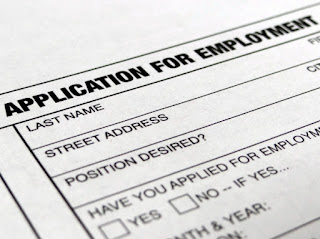A: I have lots of suggestions! Leaving a role in a professional way is an important skill in a long and successful career.
- Present a professionally written letter of resignation to your direct manager during a private face-to-face meeting. First, verbally communicate your decision to your manager and then explain that you brought a resignation letter with you.
- Develop a transition plan. This plan should include what you can finish, and what you can't as well as the updated status of each of your work responsibilities. You should also think about who could handle some of your work responsibilities after your departure.
- Give as much notice as reasonable. Two - four weeks is usually realistic for most roles.
- Offer to answer questions throughout your notice period and even after you have left.
- Let your manager take the lead on the communication of your departure. Hopefully your manager will handle this in a professional and appropriate manner.
- Avoid talking too much about your new role. Some may interpret this as bragging. Others may interpret these conversations as "sour grapes," or a negative attitude. Keep answers to any questions short and succinct, but with a positive spin. For example, "I am really looking forward to my new role but I will miss the flexibility that I have enjoyed here."
- After you leave your company, reach out to your former manager. Ask to meet for coffee or lunch. Your goal is to maintain a positive relationship with that person. Your former manager may be a future professional reference for you.
- Maintain positive relationships with co-workers, vendors and others. It is a small world. You may be working with, or for, a vendor or a co-worker sometime in the future.
Pattie Hunt Sinacole is a human resources expert and works for First Beacon Group in Hopkinton, an HR consulting firm. She contributes weekly to Boston.com Jobs and the Boston Sunday Globe Money & Careers section.






